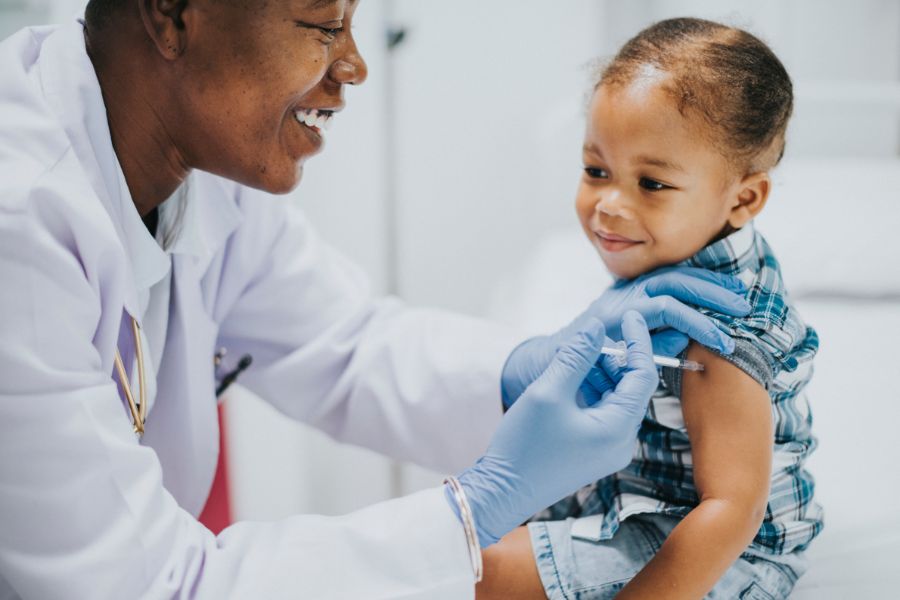“It’s been a very patient-respectful process and a patient-listening process,” UHN Patient Partner Mark Selick says of his involvement with the Synapse project, which began at the request-for-proposal stage when Epic was selected as vendor partner of UHN’s new health information system. (Photo: UHN)
Since 2014, when he had a heart attack and cardiac bypass surgery, Mark Selick has had to book countless medical appointments. That’s meant lots of telephone tag with office assistants, waiting on hold to rebook because of cancellations or conflicts, and altering personal plans to accommodate appointment times left in voicemails.
To Mark, it’s an example of the control hospital patients lose – of their health, independence and time – when they are ill. And, something University Health Network’s new health information system (HIS) will help them reclaim.
On Saturday, June 4, UHN will start using the new HIS from Epic, marking a major milestone in UHN’s clinical transformation. The implementation project was code-named Synapse to symbolize the interconnections created when there’s a single source of truth about each patient’s medical journey.
For patients who are registered with myUHN Patient Portal and subject to some necessary limits, the Epic system will allow self-scheduling of appointments, completion of paperwork online from home rather than by hand in a crowded clinic waiting room, and the ability to review and, if necessary, correct aspects of their patient record.
“A huge aspect of being sick is a loss of control, so anything that gives you a chance to regain some of that is important,” says Mark, a UHN Patient Partner whose involvement with the Synapse project began at the request-for-proposal stage when Epic was selected as the vendor partner.
“Being able to schedule their own appointment is just one of a whole host of really important features that will make patients’ lives at UHN easier, and more functional, facilitate virtual care and solve irritants in a bunch of different areas,” he says.
“Epic is really going to make a difference for patient care and the patient experience.”
This week is the home stretch of the implementation. Across UHN, nurses, pharmacists and TeamUHN members from other disciplines will be participating in activities to ensure information about all patients – including those who will be in the hospital on June 4 – is accurately transferred to Epic.
“There’s still a lot of work to do between now and Saturday – and more to do in the days and weeks after,” says Dr. Kevin Smith, UHN President & CEO. “But I know how capable TeamUHN is, and, like any challenge that has come our way, we will focus on the needs of patients and scholarship, work together and succeed.
“Clinical transformation is no longer an aspiration, it’s here.”

Implementation of the Epic system has been done entirely during the pandemic – something certainly not lost on UHN leadership, the Synapse project team and others working closely on it.
Registered nurse Rebecca Bartolloni of the Urgent Care Clinic at Princess Margaret Cancer Centre says like so many across UHN “the past couple of years have been spent keeping my head down, doing what has to be done.” But as a “super user” who will offer additional support to colleagues on the new system, she says as the June 4 go-live date approaches the impact it will have is sinking in.
One of the biggest benefits Rebecca sees for nurses is the integration of patient charting in Synapse. In the current system, numerous paper-based records are created for various aspects of a patient’s care, which at some point during a shift needs to be put into a binder for the rest of the team to access.
“Having everything online in the new system means anyone on the care team can access anything on a patient chart at anytime from anywhere, which is fantastic,” says Rebecca, noting this will improve workflow within the team, reduce the possibility of transcription errors and improve patient care.
The predictive typing and auto-generated notes features on Epic will make it easier and faster to document treatment plans going forward, Rebecca says. The new system’s increased support for virtual care, as well as better access by patients and essential care providers to electronic records, will prove to be positive impacts on the patient experience, she says.
“Once you see how much more we can do with Epic, you realize, wow, this is going to be a game-changer,” says Rebecca, who joined UHN in 2016. “What it opens up is truly exciting.
“It’s going to create a lot more transparency in the care team, and between them and the patient and essential care partners. That’s great because it means everyone can be on the same page.”
Mark Selick, a graduate of the UHN Cardiac Rehab Program at Rumsey Centre, where he began his volunteer work with the organization, says his role on committees implementing the new HIS is “the most exciting, meaningful experience I’ve had as a UHN Patient Partner.”
“It’s been a very patient-respectful process and a patient-listening process,” he says.
And, he says, that’s what will ultimately make this transformation a benefit to UHN patients.
“There’s going to be hiccups, because there always are,” he says. “But when I look around and see the knowledge and expertise and commitment, I’m confident the move to Epic will be done professionally and be an important positive change for UHN and its patients.”


